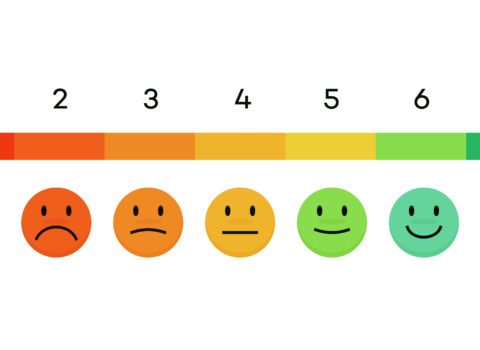
Testing and supporting the use of digital learning assessment
The Institute for Evaluation Research on Public Policies at Fondazione Bruno Kessler has evaluated the impact of the Toolkit platform, which aims to help the dissemination of digital learning evaluation.
Is it possible to know what students actually learn and which of them needs additional support? How can the student community become more empowered and aware of their own learning? Can digital tools help?
To answer these questions, Fondazione Bruno Kessler’s Research Institute for the Evaluation of Public Policies (FBK-IRVAPP) has tried to test, through a randomized controlled experiment, the impact of a new online platform developed to help the dissemination of digital learning assessment.
It has long been discussed that evaluating learning through constant feedback can be helpful both for teaching staff in planning classroom activities and for students who thus learn to become more autonomous. Despite this broad agreement on the potential of learning assessment, very little evidence exists on what actions should be pursued to improve schools’ readiness to fully implement the teaching practice under consideration.
The Assess@Learning trial, coordinated by European Schoolnet and funded by the European Union’s Erasmus+ Program has actually had this objective: to design a new online platform (called Toolkit) containing a series of resources aimed at schools, and test its impact on awareness, knowledge, attitudes and adoption of digital learning assessment. Principals, teachers, and students from 208 schools from 5 countries (Estonia, Finland, Greece, Portugal, Spain) were randomized into two groups: the first had free access to the platform for about four months, while the other was used as a control group. Comparing the two groups made it possible to quantify the effect of the platform.
IRVAPP researchers, charged with the impact evaluation, found that, overall, the information tool tested had the effect of increasing among the teaching staff objective knowledge about digital learning assessment and awareness of what such an educational approach entails for their role. On the other hand, the platform being available does not seem to have affected the intention to use this practice in the future. Finally, no impact was observed among principals and students.
The platform and the results of the experiment were presented at the project’s final conference held (online) in early February. All outputs, including the technical report edited by IRVAPP, can be found here: https://www.assessforlearning.eu.
IRVAPP researchers involved: Davide Azzolini, Sonia Marzadro, Enrico Rettore, Alessandro Tondini


